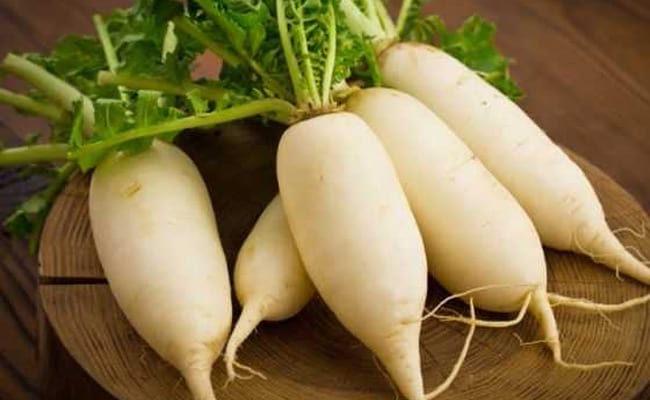
- Winter veggies are a delight to cook with
- Carrots and beets are high in nutrition and low in calories
- Spinach and mustard green make for delicious dishes
Winter is here and we all know what that means - snuggling next to the space heater with a bowl of hot soup! We all have very fond memories attached with winter season and a lot of them have food in them. From hot cocoa to delicious soups, to shorbas and to delicious vegetable curries, winter is a time to revel in the warmth of food. Winter brings with it the wealth of nutrition from a range of vegetables that are available in our grocery stores and farmer's markets. It's important to eat seasonal vegetables as they equip your body with the excesses of weather that it is going to face. Moreover, seasonal vegetables can be trusted to be fresh and they are full of nutrients, which are lost as these go out of season. Seasonal fruits and vegetables have more nutrients and antioxidants than those who have gone out of season.
In India, winter vegetables are a delight to cook with. From sarson ka saag made from luscious mustard greens to gajar ka halwa and kanji made from red carrots and beets, Indian cuisine has a number of ways to accommodate the nutrition from winter vegetables in every course of the meal. The markets have already started stocking up on these winter vegetables and you will need to stock up your refrigerator too.
Here are seven Indian winter vegetables that you should start stocking up on to reap their benefits:
1. Carrots: These zero calorie veggies are one of the best winter vegetables out there. Whether you include them in subzis, make halwa with it, or include it in vegetable and meat soups, carrots deliver a powerful of punch of nutrition during winters. Armed with vitamins A, B6 and K, as well as potassium and phosphorus, carrots are great for boosting immunity as well as eye health.
2. Beetroots: These deep red and purple winter vegetables are unmatched when it comes to both nutrition and versatility. Low in fat and cholesterol, beetroots help detoxify the system and also boost immunity, due to the presence of vitamin C in them. They're great for hair and skin as well, all thanks to the presence of antioxidants.
3. Spinach: From boosting mood to strengthening bones and boosting immunity, spinach can do it all. Spinach can also boost your heart health and keep your energy levels up during the day. All these benefits come with hardly any calories!
4. Radish: Mooli ka paratha is a north Indian winter favourite and with good reason. Not only is the stuffed bread delicious and flavourful, it is also filling and nutritious. They're high in fibre and are packed with vitamins E, A, C, B6, and K, as well as antioxidants, zinc, phosphorus, potassium, magnesium, calcium and copper.
 Winter vegetables: Radish is rich in fibre and are packed with vitamins E, A, C, B6, and K
Winter vegetables: Radish is rich in fibre and are packed with vitamins E, A, C, B6, and K5. Mustard Greens: Think winter in India and the first thing that comes to mind is plateful of sarso ka saag, served with fresh hot makki ki roti. They're rich in antioxidants as well as iron and dietary fibre.
6. Fenugreek Leaves: Methi, or fenugreek, is an essential part of the Indian kitchen. While the seeds are used in a number of Indian preparations, fresh fenugreek leaves are extensively cooked during winters. They are great for preventing digestive troubles and constipation, as well as for regulating blood sugar levels.
7. Green Peas: Although you may be consuming frozen peas all year round, fresh green peas should be consumed during the winters. They are rich in antioxidants as well as fibre, which prevent digestive trouble. They're filling and are excellent sources of plant-based protein.
Indians have a treasure trove of unique and delicious recipes, which utilise winter vegetables in various ways. Start stocking on these wondrous veggies and get cooking!
Track Latest News Live on NDTV.com and get news updates from India and around the world

